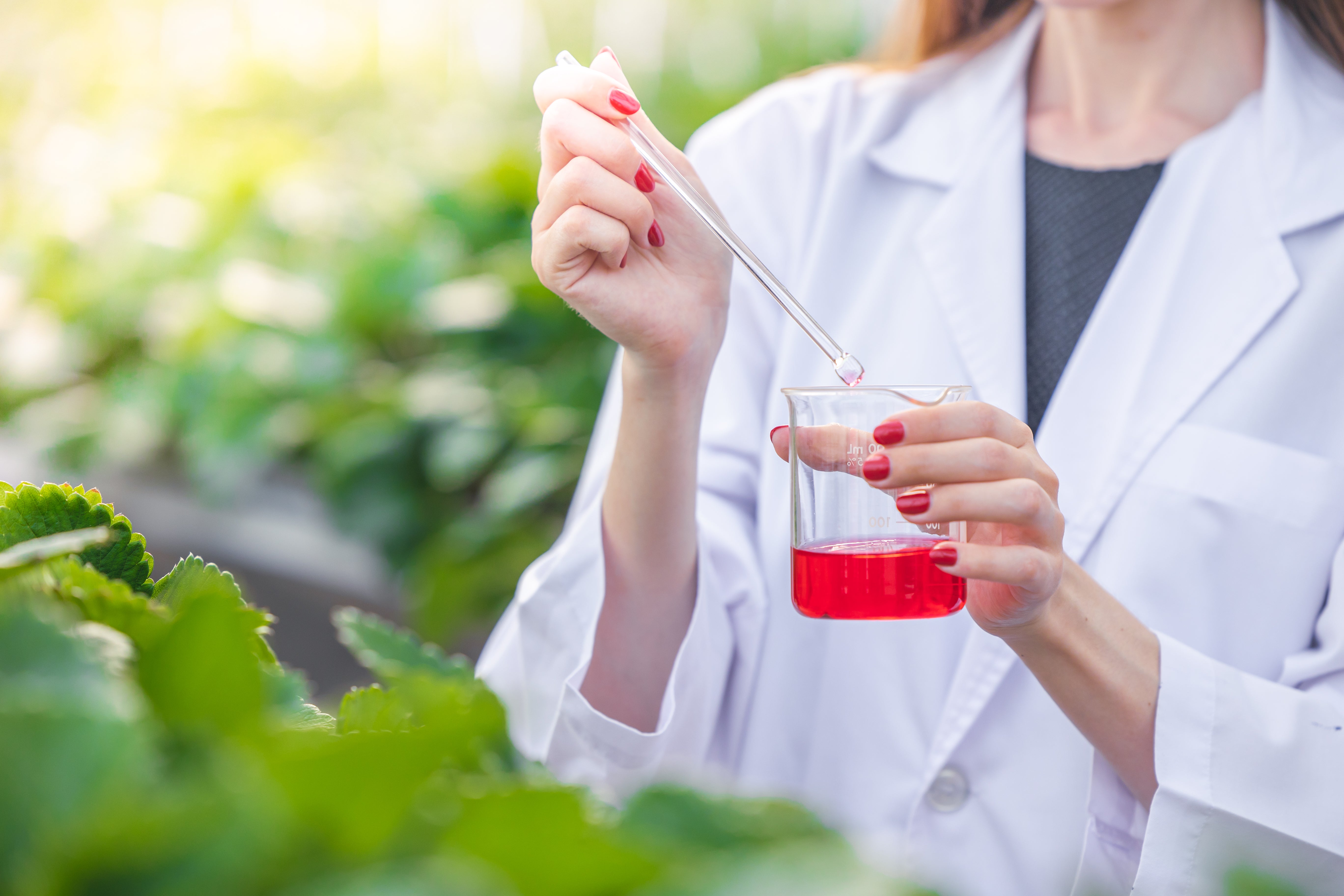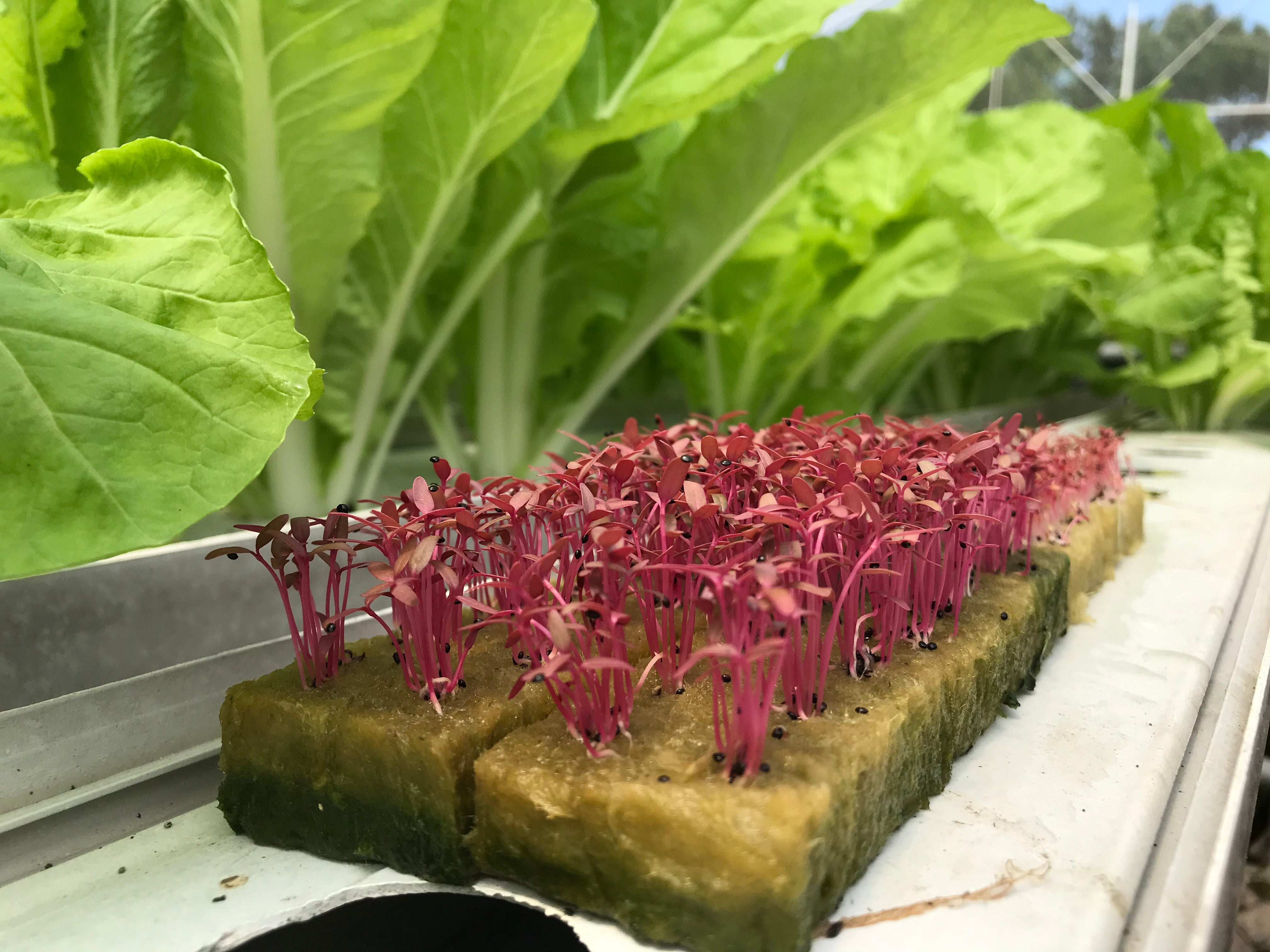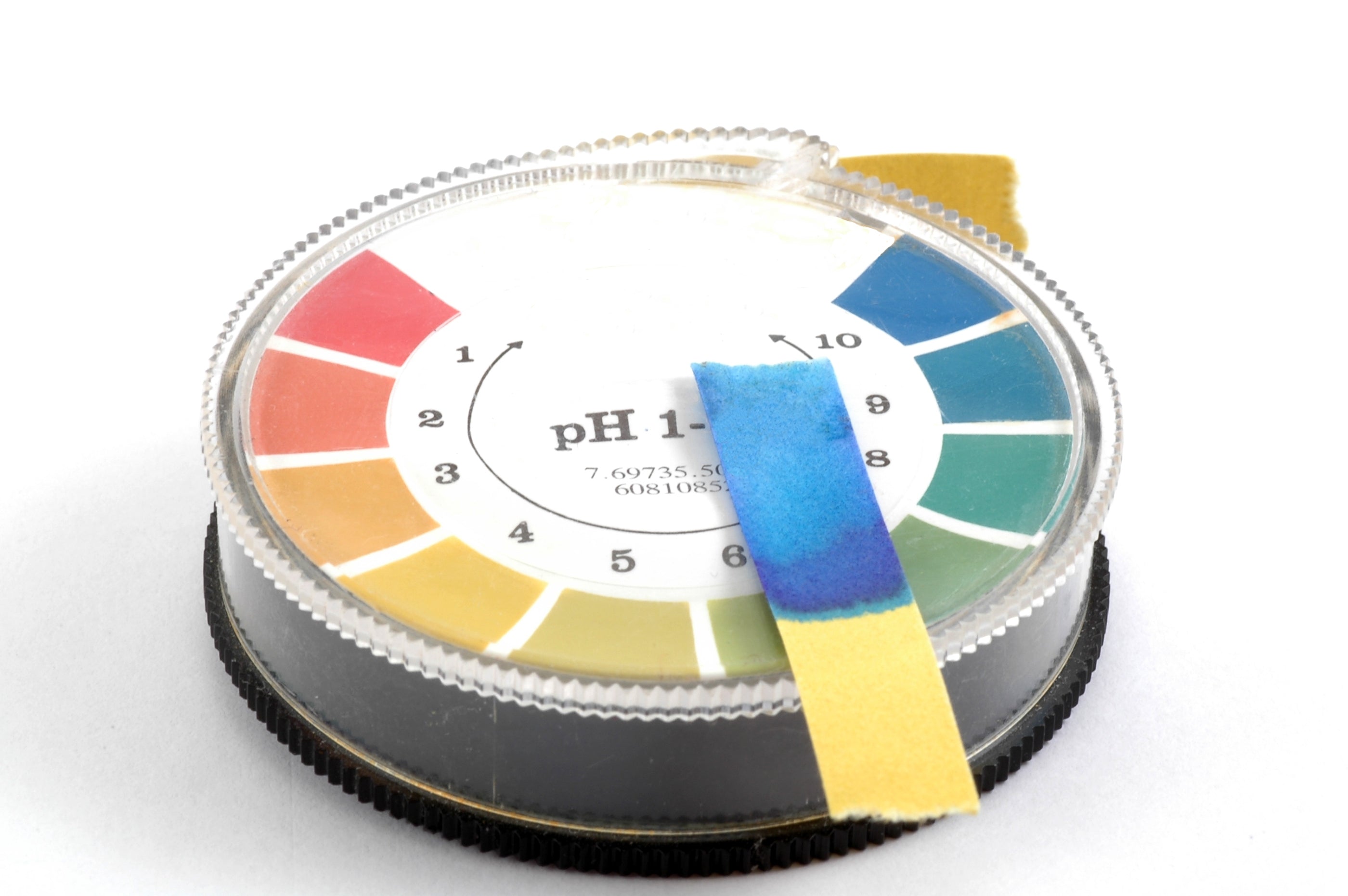Do Hydroponic Plants Taste Different?
Do Hydroponic Plants Taste Different and Do They Lack Nutrients?
Many hydroponic growers are concerned about things such as whether hydroponic plants taste different than the ones grown in soil and if they lack nutrients. Hydroponic plants are essentially grown in water with nutrients, so it’s natural to wonder if they may taste different or perhaps lack nutrients. In this article, we will answer both of these questions, so without further ado, let’s right into it.
Hydroponic Plants Taste
You may have heard about the ways that plants develop aromas and flavours due to the environment and soil they grow in. So, you might be wondering if hydroponics changes taste since plants are grown without any soil? The short answer is yes, but that doesn’t mean that hydroponic plants taste better or worse, rather just a bit different.
Many factors can affect the taste of plants, especially leafy greens, like lettuce. Some plants, especially the ones that don’t have their own genetically induced flavours, are more prone to pick up flavours from the growing environment. However, almost any plant’s taste can be affected depending on what it grows in. Some people think that hydroponics is just no match for traditional soil-based gardening because of minerals, microorganisms, and other natural stuff that soil has in it. However, taste is more complicated than that. Plants grown in fertile, nutrient-rich soils may have a great taste, but plants growing in bland, nutrient-deficient soils may have a mediocre taste at best, and sometimes can even taste just outright bad.
Hydroponics, on the other hand, allows you to manage taste by injecting the right nutrients into the plants’ growing environment. The nutrients that plants get as well as the pH level of the growing medium (both soil or nutrient solution) can affect plants’ taste. For example, higher pH levels can make plants taste sweeter. You can adjust the nutrients as well as pH levels in hydroponics much easier and quicker than in soil, plus in hydroponics, the growing environment is much more optimal than in traditional soil gardens because you don’t have to deal with unpredictable weather and can give your plants exactly what they need when they need it in terms of nutrients, water, and light.
Taste difference between hydroponically grown plants and plants grown in soil also depends on the type of plant. Many people think than hydroponically grown leafy greens taste better, and I tend to agree. I take good care of the soil in my garden using the no-dig method, constantly enriching it with organic matter, and I still think that hydroponically grown lettuce and other leafy greens taste better. Plus, it is so convenient having them growing inside so that I can just go to my grow room and take a few leaves for a salad or a sandwich when I need them.
I also grow a lot of tomatoes, both hydroponically and in my garden, and I often give some to my friends and family, and many of them have commented that they prefer the taste of hydroponic tomatoes (both hydroponic and soil-grown tomatoes were the same type—Roma).
So, in conclusion, hydroponic plants may taste different than soil-grown plants, but it doesn’t mean they taste worse. In most cases, they actually taste better because hydroponics allows you to control the growing environment and provide your plants with everything they need to grow strong and healthy. With that said, let’s move on to another question that many hydroponic growers have, and that is whether hydroponic plants lack nutrients compared to soil-grown plants.

Hydroponic Plants Nutritional Value
Since hydroponic plants essentially grow in water with nutrients, some people may wonder whether they are less nutritious than plants grown in soil. To answer this question, let’s take a look at plant nutrition in soil and hydroponics. In traditional soil-based gardening, plants get nutrients from soil. In hydroponics, they get nutrients from nutrient solution, which is essentially nutrients dissolved in water.
This means hydroponic plants don’t have to search for nutrients like they do in soil, and they get what they need delivered straight to their roots. In addition to that, there are a lot of different nutrient formulas in hydroponics, depending on what type of plants you’re growing and at what growth stage they are, which allows you to tailor your nutrient solution to your plants’ needs. This means plants in hydroponics get the nutrients they need much quicker than in soil, so they grow 30–50% quicker and produce better yields than plants grown in soil.
Plants grown in soil have to search for nutrients and grow large roots to be able to get nutrients from deeper in the soil. The better the soil quality, the more nutritious plants will be and the faster they will grow. Again, not all plants are grown in perfect soil, and improving soil quality is hard work and can take months or even years. In hydroponics, you just have to make up a nutrient solution, and your plants will get everything they need in terms of nutrients.
There aren’t many scientific studies comparing the nutritional value of plants grown in hydroponics and soil; however, a recent study from 2021 claims that hydroponically grown tomatoes have higher lycopene and β-carotene contents.
In conclusion, hydroponics plants do not lack nutrients compared to soil-grown plants, and in fact, they may even be more nutritious. Hydroponics is an excellent method that allows you to grow fresh, delicious produce all year round, and it’s definitely worth trying if you haven’t already!
For more great content check out the Proponics YouTube channel below!

By Max Barnes
Max Barnes is a long-time homesteader and author. Max grows the majority of his own food year-round using a variety of different methods, including hydroponics. Hydroponic gardening plays a huge part in his homestead and self-sufficiency goals.




